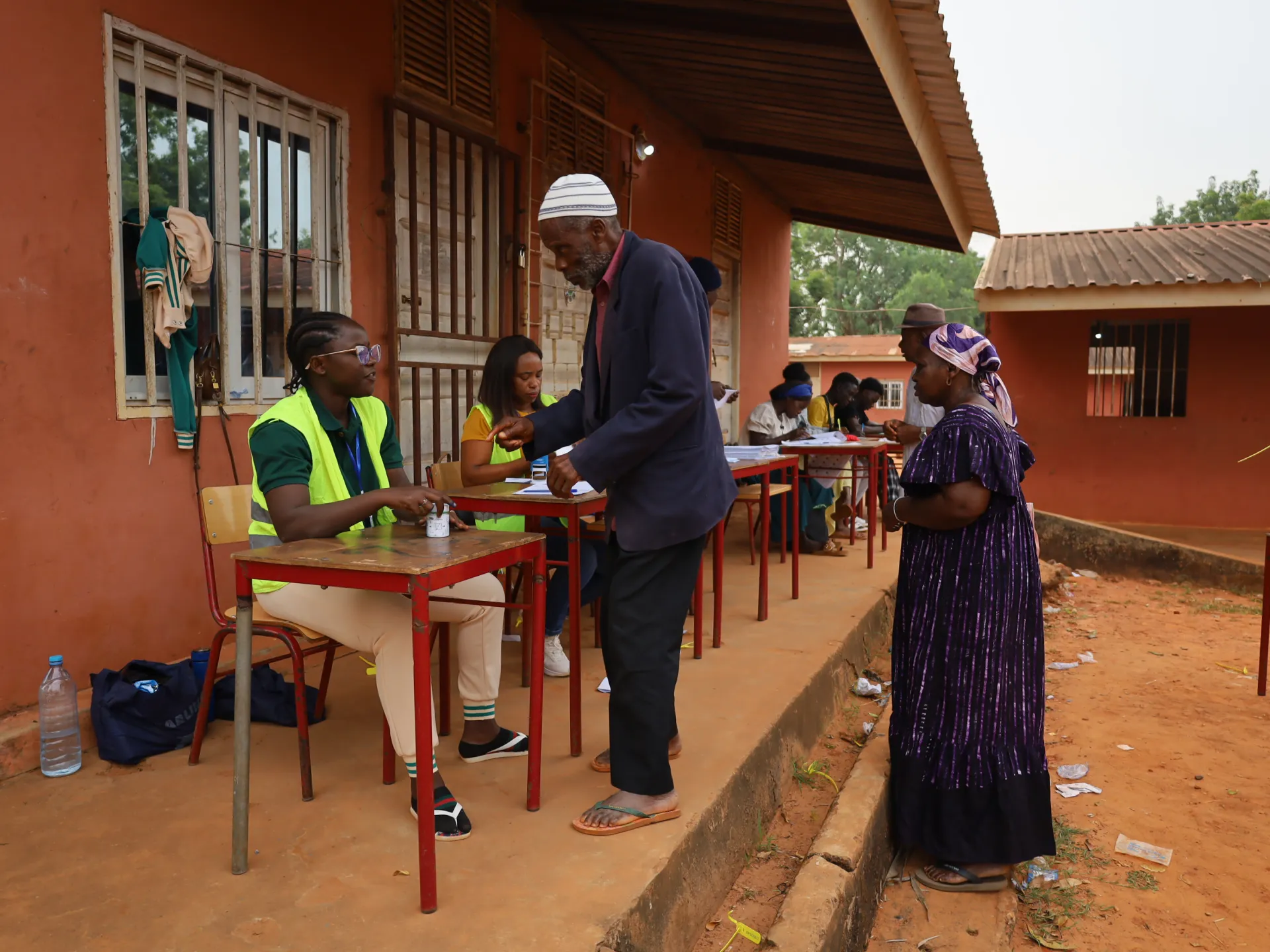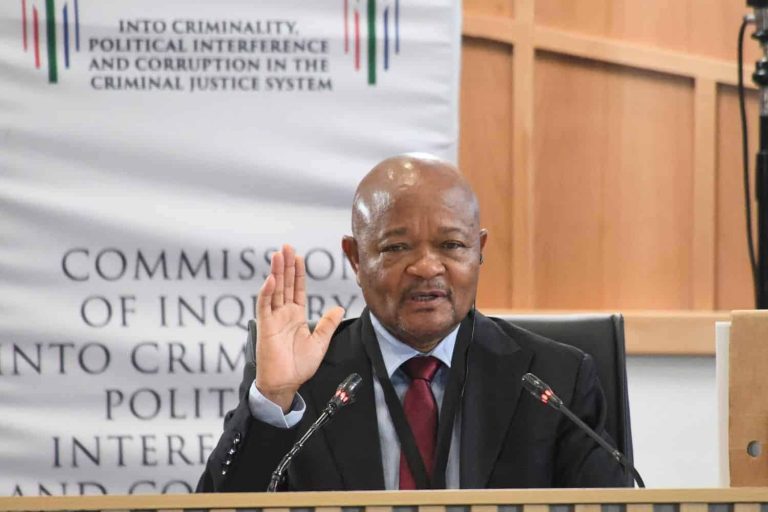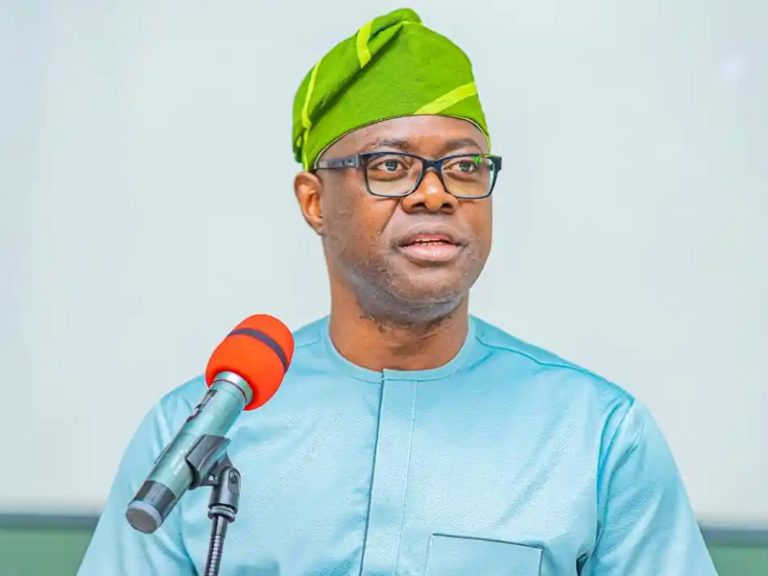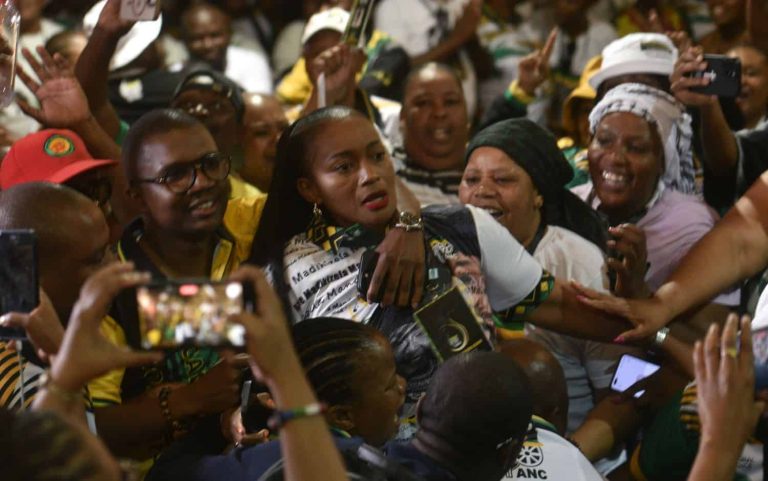
Vote counting is underway in Guinea-Bissau following Sunday’s presidential and legislative elections, a pivotal moment for a nation long scarred by political instability and repeated coups. President Umaro Sissoco Embaló is seeking a second term in a contest widely regarded as one of the country’s most contentious in recent history.
The polls come at a delicate time for West Africa, where disputed elections and successive military takeovers have eroded public confidence in democracy. Analysts say the race is tight between Embaló and Fernando Dias da Costa, a 47-year-old newcomer backed by former Prime Minister Domingos Simões Pereira. A candidate needs over 50% of the vote to avoid a runoff.
Casting his ballot in Gabu, about 200 kilometres from the capital, Bissau, Embaló urged citizens to vote peacefully. “I am the one who will serve a second term, and I hope that the electoral process will take place calmly and peacefully,” he said.
Dias da Costa, however, accused the incumbent of intimidation and warned that his party would not tolerate the harassment or arrest of its supporters. Embaló, 53, a former army general who assumed office in 2021, is backed by a coalition of more than 20 political groups and faces 11 other challengers.
The vote has drawn scrutiny after authorities barred Pereira and his African Party for the Independence of Guinea and Cape Verde — the main opposition group — from participating, citing late submission of their application. Nearly half of the nation’s 2.2 million citizens were registered to vote.
Political analyst Augusto Nansambe said the exclusion of the opposition has fuelled concerns about democratic decline. “The democracy we knew is no longer the model we are experiencing; we are experiencing a model defined by a single person,” he warned.
Guinea-Bissau, one of the world’s poorest nations, has long grappled with economic hardship and the influence of drug trafficking networks. Its post-independence history has been marred by coups and attempted coups, including one just last month.
The election takes place amid heightened tensions over Embaló’s legitimacy. Though he won the 2019 election and was sworn in in early 2020, his victory was not recognised by the Supreme Court until September of that year. The opposition insists his term should have ended in February, but the court ruled it runs until September. The vote, originally set for earlier in the year, was pushed to November.
Legislative polls are also unfolding under unusual circumstances. Parliament has remained dissolved since December 2023 following an attempted coup, even though the opposition had won the last two legislative elections.
The Africa Center for Strategic Studies noted that the central issue goes beyond identifying a winner. “The ongoing electoral story in Guinea-Bissau will be about how to build and sustain momentum for a stable system of government and institutional guardrails against the abuse of executive power,” it said.
The campaign period was fraught with allegations of hate speech, corruption and murder — warnings that observers fear could worsen instability.
Embaló focused his campaign on infrastructure development, including roads and upgrades to the main airport. Dias da Costa promised stability, freedom and security, accusing Embaló’s administration of “systematic” human rights abuses. He urged voters to “vote for change, for national unity, for reconciliation, for peace, and for an end to the authoritarian regime in Guinea-Bissau.”
In Bissau, some residents expressed cautious hope. “I hope that these elections will bring peace and tranquility so that there is no more hunger,” said voter Marinho Insoldé.
As Guinea-Bissau awaits results, uncertainty remains high — and the outcome may shape the country’s fragile democratic trajectory for years to come.
Melissa Enoch



